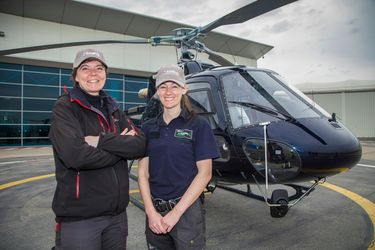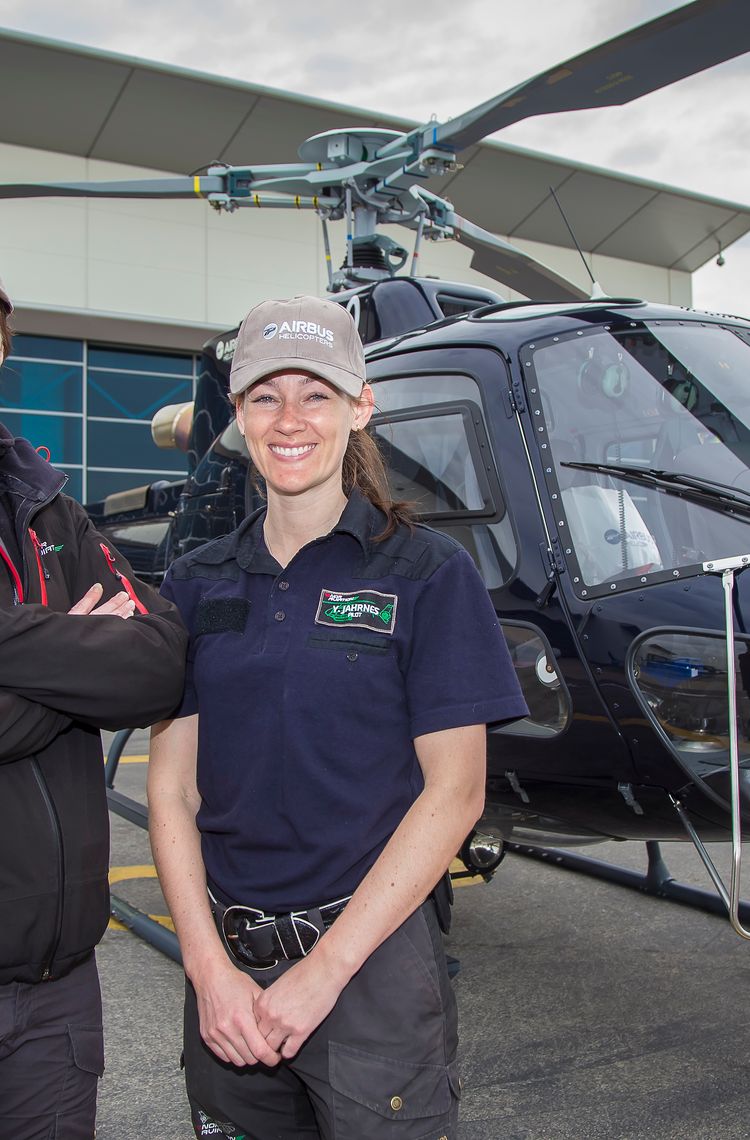Summary
- On May 30, 2016, Norwegian aerial work and passenger transport provider Nor Aviation received its th

My father was an avionics technician in the Norwegian air force so I grew up with helicopters, in the helicopters hangar, and like many people I thought that becoming a pilot was not something you could do. Pilots, they had to be some sort of super humans.
I first started my education in tax law and law, then I soon realized I didn’t want to become a lawyer or work with taxes for the rest of my life. I found a civilian helicopter school, so I applied. I was not, say old, but I was 27 when I first started flying compared to the others who were around 18.
What are the abilities required to be an excellent helicopter pilot?
There a lot of skills required, but I think, especially for a helicopter pilot, you need to be able to work on your own, to be independent, and be self-aware, know yourself, your limits, because if you’re over or under confident, either way you have a problem. And, of course, being able to push yourself because otherwise you will never broaden your horizons enough to go anywhere.
Would you say that it’s hard for a woman to be in a man’s world?
That’s a very interesting question and I ask myself that because of course in Norway, women are equal, and we are given the same opportunities. It’s not like I wasn’t allowed to go to school and become a pilot, but sometimes I feel like I’m struggling to be accepted and then I’m not sure if it’s because I’m a women or because I’m me, if it’s my personality or my gender. And there are too few women to make assumptions based on gender.
When I spent four months in India, I was very worried that I would be discriminated against as a woman, but in fact for the first time in my life I was actually treated the same way as my male colleagues, and it was a huge surprise to me. In India, they have many female pilots. I had fair skin and was tall – that was strange – but that I was not a male that wasn’t.
Here, because it’s uncommon, I don’t get the same treatment as a man. I wouldn’t call it discrimination, but there is something. I think that any profession if it’s dominated by only one gender, it’s not good, either way.
